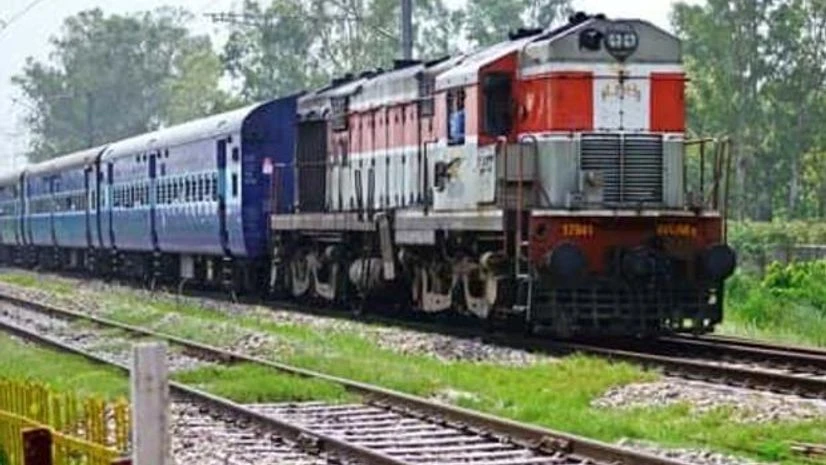After the Balasore train accident exposed serious flaws in safety systems, the ministry of railways has removed a major administrative barrier in the implementation of works in critical safety areas like Kavach, signalling, and interlocking.
These safety works would no longer require economic justification by the Railway Board for financial approval.
Kavach anti-collision system, electronic, panel, and route relay interlocking, block signalling, complete track circuiting, and technology upgradation will now be covered under the “safety exemption” to the financial rules of the Centre. This was stated in an order by the Railway Board dated June 22. Business Standard has reviewed a copy of the order.
“Certain projects would end up getting stuck at the level of the Railway Board, or the finance ministry or Cabinet due to improper calculation of the rate of return (RoR). This may have been delaying some projects,” a senior government official said.
So far, these works were to be processed through a “test of remunerativeness.”
Also Read
Under this test, “No proposal for fresh investment will be considered as financially justified unless it can be shown that the net gain expected to be realised as a result of the proposed outlay would after meeting the working expenses or average annual cost of service yield a return of not less than 10 per cent.”
Prima facie, interference with the interlocking system is being seen as the root cause of the Balasore accident that killed nearly 300 and injured about 1,000.
A Comptroller and Auditor General (CAG) report from 2022 also pointed out the lack of essential signalling and interlocking infrastructure despite higher funds being allocated to the ministry.
Notably, the ministry’s contributions to the Rashtriya Rail Sanraksha Kosh, a special fund created to focus on railway safety, were found to be inadequate by the CAG. This comes even though the fund was created for the sole purpose of expediting execution of safety works.
“RoR is a thing of the past now. Today, the government wants to pour money on infrastructure, but the issue is the inability of the railways to absorb (the capex),” Lalit Chandra Trivedi, former general manager of Indian Railways said.
The root cause of the problem remains in balancing the upgradation in safety infrastructure with the ever-growing pressure to run more trains, according to Trivedi.
“Executives in charge of safety or other work need traffic blocks. Simultaneously, executives in charge of operations are under pressure to run more trains to achieve loading targets. These requirements are contrary to each other and are the root cause for slow progress of works like Kavach,” he said.
Meanwhile, the ministry also clarified that the scope of the order does not extend to actual revenue-generating projects. “It is further clarified that signalling and telecom assets, which are not required for train operations and are being created for monetisatison, shall require the test of remunerative ability,” the Railway Board order said.

)
